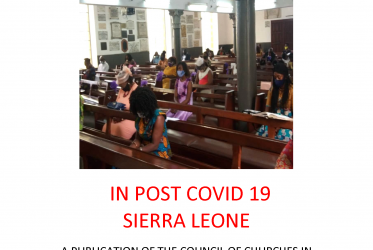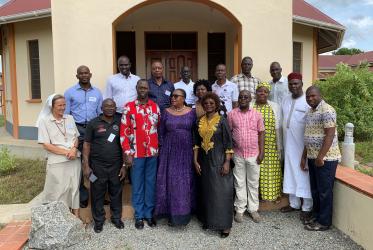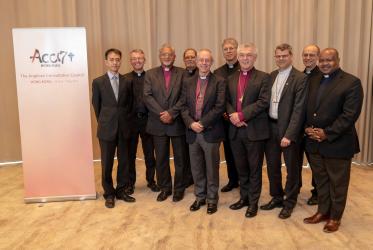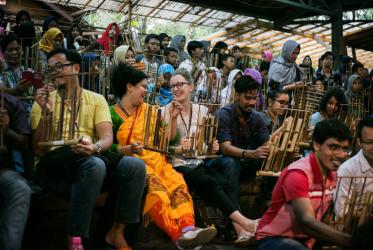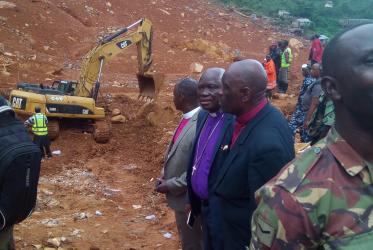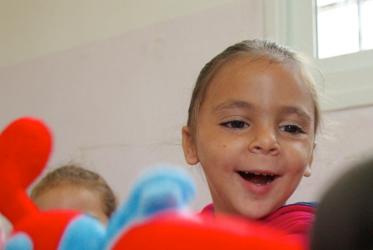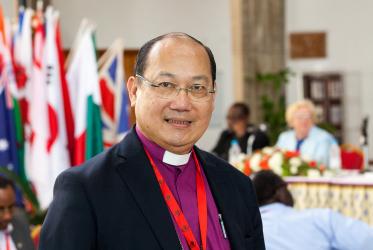Displaying 1 - 20 of 26
New student body at Bossey Ecumenical Institute “a source of joy”
14 September 2020
WCC commemorates life of Bishop John K. Yambasu
21 August 2020
A tribute to Rev. Dr Rena Joyce Weller Karefa-Smart
21 January 2019
Doing his best without being the best
07 September 2018
Youth in Asia can now apply for WCC inter-religious training
15 February 2018
GEM school ends with hope for a better tomorrow
08 September 2016
A just financial and economic architecture is possible, students find
08 September 2016
